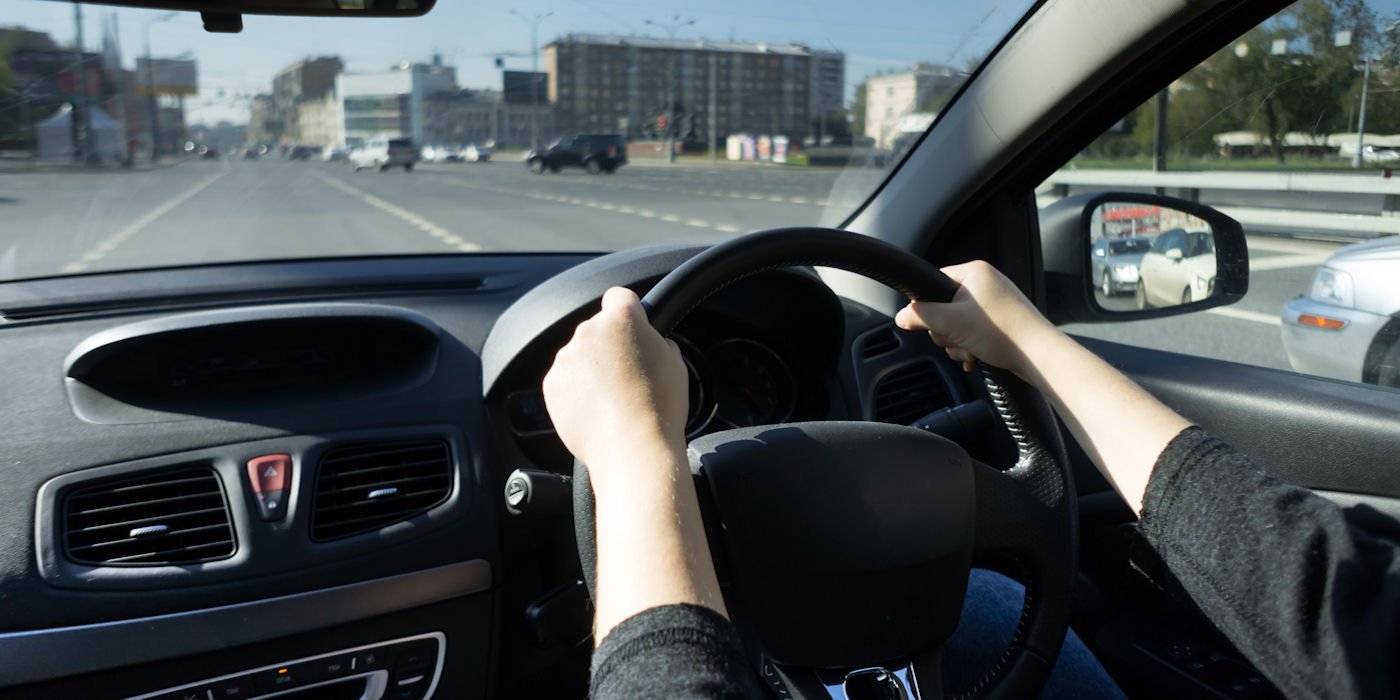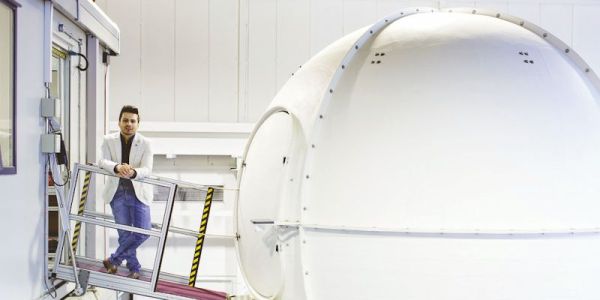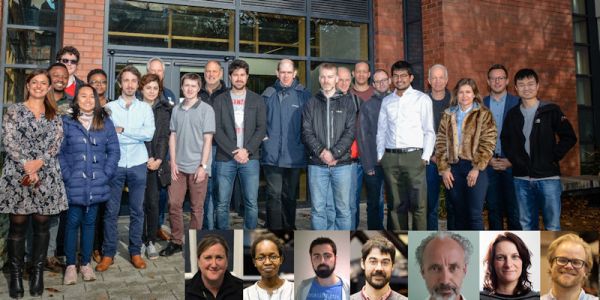- Faculty of Environment
- Institute for Transport Studies
- Research and innovation
- Our research
- Human Factors and Safety
Human factors and safety
Human Factors and Safety
We investigate road users’ interactions with new and current transport systems and technologies to advance transport safety.
Our capabilities include:
- Design of methodologies for studying user behaviour (field operational tests, naturalistic driving studies, questionnaires, focus groups, laboratory studies)
- Design of Human-in-the-loop-simulation experiments
- Software development (driving simulator and related equipment)
Priority research topics include:
- Advanced driver assistance systems (Including Intelligent Speed Assistance)
- Driver attitudes and behaviours
- Eco driving
- Electric vehicles
- Engineering and Road/Sign Design
- Human factors of highly automated driving
- ‘Humans in the loop’ simulation
- Intelligent Speed Adaptation
- Large scale Field Operational Tests
- Naturalistic Driving Studies
- Use of Machine learning and Bayesian Statistics to understand road user behaviour
- Virtual prototyping/testing
- VRUs and Automation
- Young older and impaired drivers
We use the University of Leeds car, truck and pedestrian simulators to conduct our research. We also use tools for psychophysiological measures of performance (eye tracking, head tracking, heart rate, skin conductance etc.)
Read our ISA interface study, which examines various alternative designs for the Human Machine Interface (HMI) of Intelligent Speed Assistance (ISA).
Contact us
If you would like to discuss an area of research in more detail please contact: Professor Natasha Merat.
Research degrees
We have opportunities for prospective postgraduate researchers. Example projects and funding opportunities can be found in our PhD directory. Previous topics have included, for example:
- Transitions out of highly automated driving
- Measuring fatigue in automation
- Fatigue in police officers
- Speed management strategies in Nigerian drivers
- Mental models of ecoDriving
- Emotion and driving
- Motion cueing in driving simulators.
In addition to the research study associated with a specific project, prospective students can also suggest their own topic. In this case, we ask prospective students to contact possible supervisors for an informal discussion, before submitting a research proposal or get in touch with Professor Natasha Merat or Dr Gustav Markkula.
Study with us
We deliver the latest thinking in this area via modules delivered as part of our undergraduate and masters programmes.





